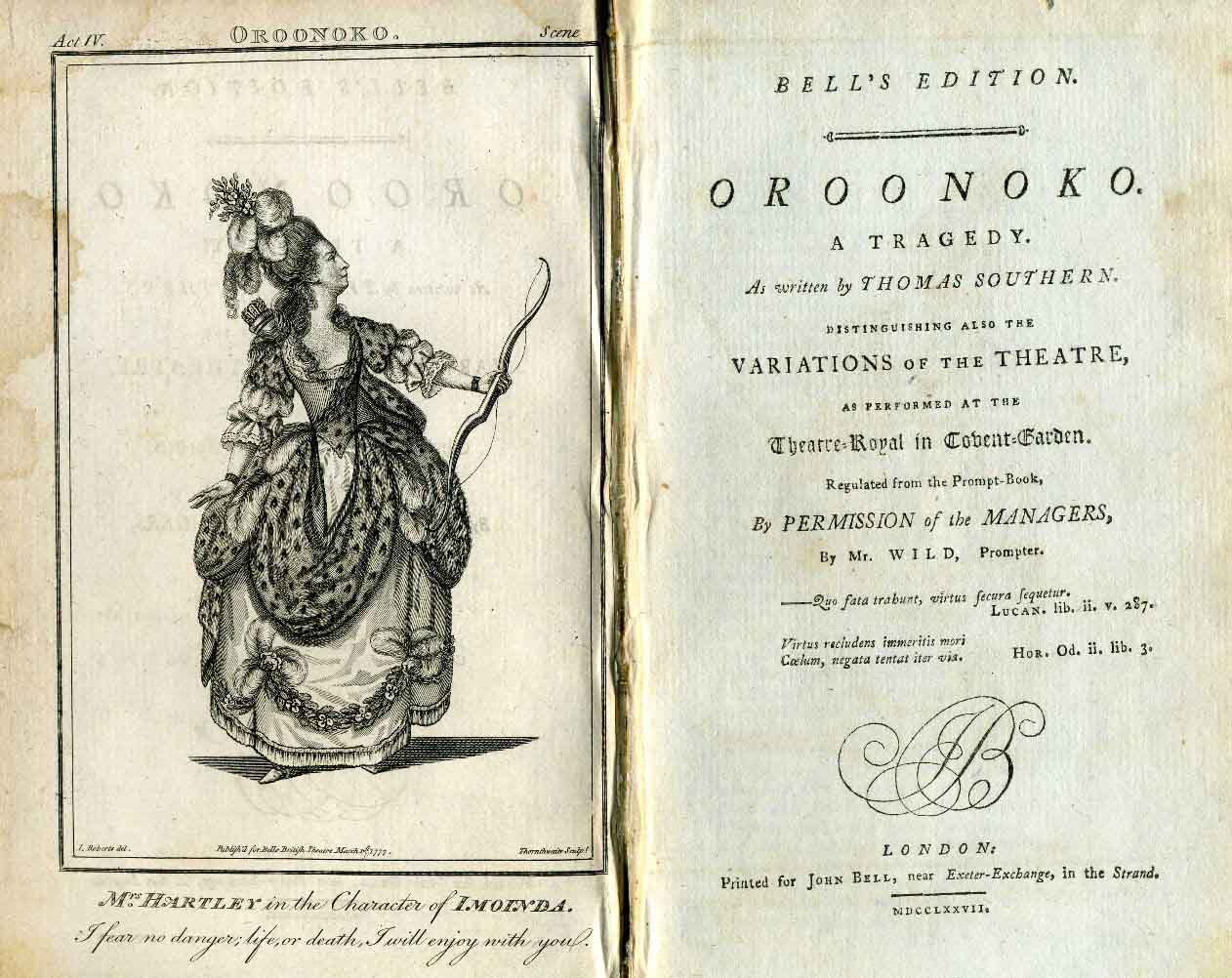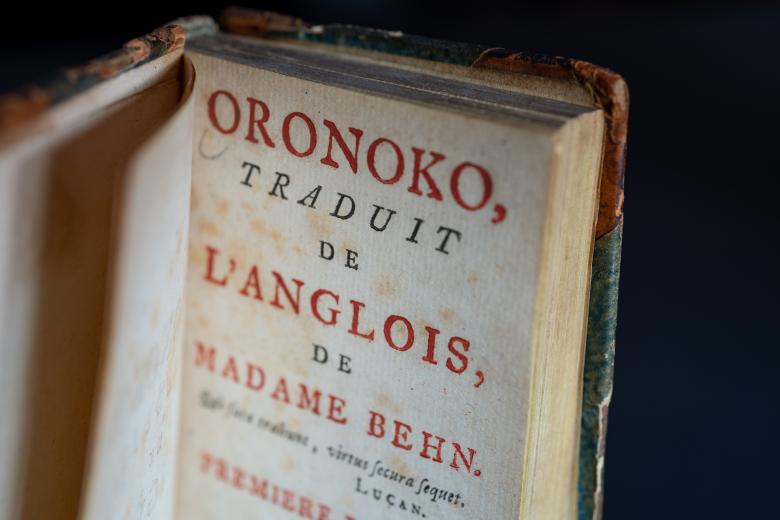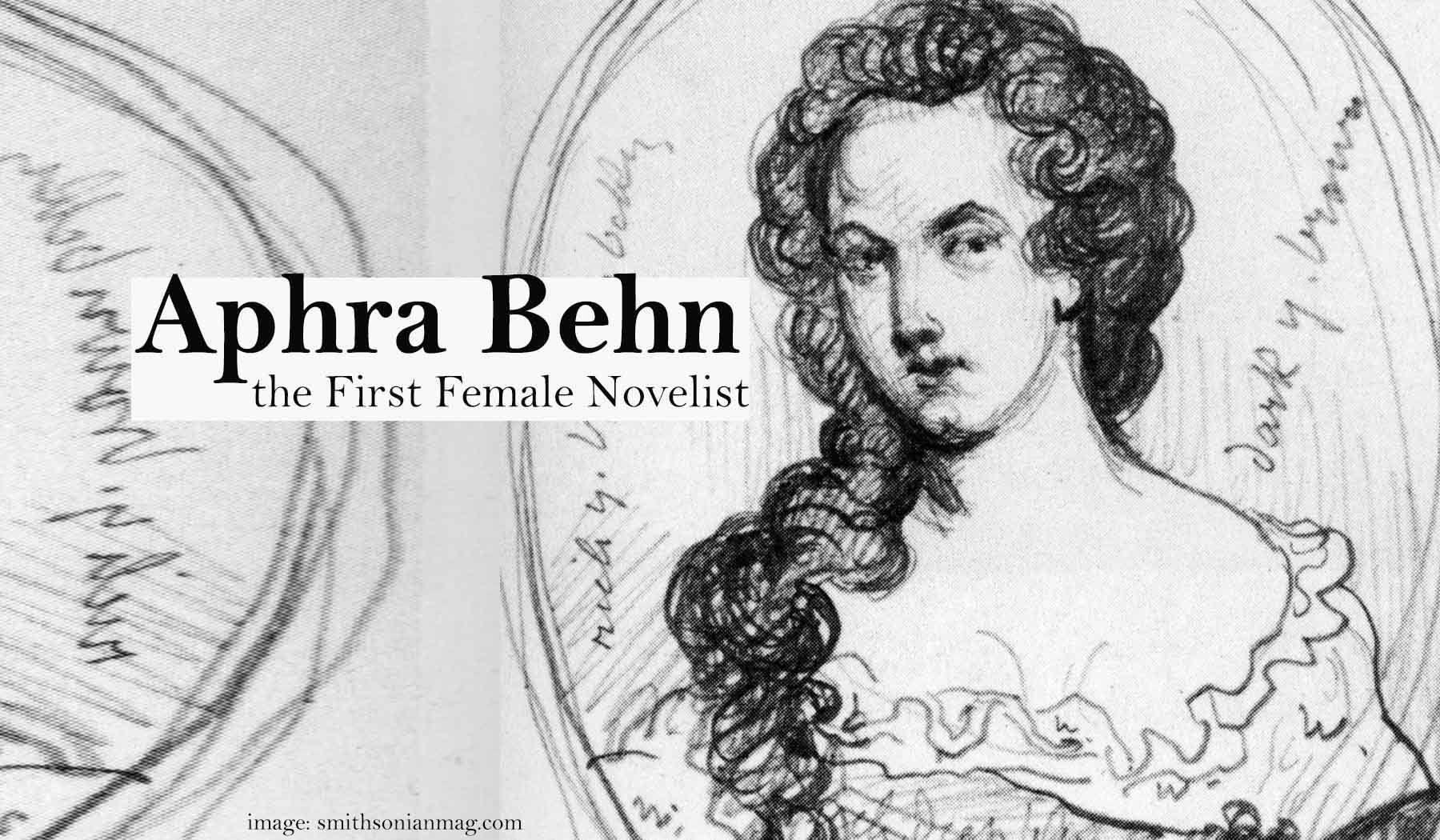The history of literature is as old as civilization itself.
From the ancient Greeks to modern times, people have been fascinated by the art of storytelling.
In the early days, writing was predominantly a male activity, but the emergence of the first woman to write a novel in the 17th century marked a new era in literary history.
Let’s explore the fascinating story of this groundbreaking author and her impact on the world of literature.
Who Was the First Woman to Write a Novel?
The first woman to write a novel was a British author named Aphra Behn. Born in 1640, Behn was a prolific writer who produced many works of poetry, plays, and novels.
However, it was her novel, “Oroonoko,” published in 1688, that cemented her place in literary history as the first woman to write a novel.
The Novel That Made History
“Oroonoko” is a novel that tells the story of an African prince who is captured and sold into slavery in the English colony of Surinam. Behn’s novel is a powerful commentary on the institution of slavery and its impact on individuals and society.
The novel was ahead of its time in its portrayal of race and gender, and it remains a significant work of literature today.
The Impact of Behn’s Novel
Behn’s novel had a profound impact on the literary world. It paved the way for other women writers to enter the field of novel writing and established the novel as a serious literary form.
“Oroonoko” also had a significant influence on the abolitionist movement, which sought to end the practice of slavery.
Behn’s portrayal of the inhumane treatment of slaves in the novel helped to raise awareness about the atrocities of the slave trade.

image: erogito.wordpress.com/2013/09/16/aphra-behn-spy-prisoner-writer-pioneer-of-feminism/
Challenges Faced by Women Writers
Despite the groundbreaking achievement of Aphra Behn, women writers faced numerous challenges in the male-dominated literary world of the 17th century.
Women were often denied access to education, which made it difficult for them to develop their writing skills.
In addition, women writers faced prejudice and criticism from male critics who believed that women were not capable of producing serious works of literature.
The Legacy of the First Woman to Write a Novel
Aphra Behn’s legacy as the first woman to write a novel has endured for centuries.
Her pioneering work opened the door for other women writers to follow in her footsteps, and her novel remains a significant work of literature that continues to be read and studied today.
Behn’s achievements serve as a reminder of the power of literature to effect social change and the importance of giving women a voice in the world of literature.
Aphra Behn: A Remarkable Life
Aphra Behn was a fascinating figure in her own right. She lived an unconventional life, breaking many of the norms and conventions of her time.
She was a spy for Charles II, worked as a professional writer, and was an outspoken advocate for women’s rights.
Behn’s life was filled with adventure, scandal, and intrigue, and she was a trailblazer in many ways.
The Publication of “Oroonoko”
“Oroonoko” was published in 1688, the same year that the Glorious Revolution took place in England.
The novel was published at a time of great political and social change, and it was a reflection of the changing attitudes of the time.
Behn’s novel was well-received by readers and critics, and it helped to establish her as a serious writer.

image: jcblibrary.org/collection/oronoko
Behn’s Literary Legacy
Behn’s impact on the literary world was significant. She paved the way for other women writers to enter the field of novel writing and helped to establish the novel as a serious literary form.
Behn’s work was influential in the development of the English novel, and her novel “Oroonoko” is considered to be a significant work of early English literature.
Behn’s legacy has endured for centuries, and she is remembered as one of the most important literary figures of her time.
The Significance of Behn’s Achievements
The first woman to write a novel was a landmark achievement that had significant social and cultural implications.
Behn’s work challenged the prevailing attitudes of the time towards women and helped to pave the way for other women writers to enter the field of literature.
Behn’s achievement was a significant step forward for women’s rights and helped to establish women as important contributors to the world of literature.
Conclusion
Aphra Behn’s achievement as the first woman to write a novel was a significant milestone in the history of literature.
Her novel “Oroonoko” was a groundbreaking work that challenged prevailing attitudes towards race and gender and helped to raise awareness about the inhumane treatment of slaves.
Behn’s legacy has endured for centuries, and she continues to be remembered as a trailblazing figure in the world of literature.
Her achievements serve as an inspiration to writers and readers alike, and they remind us of the power of literature to effect social change.










